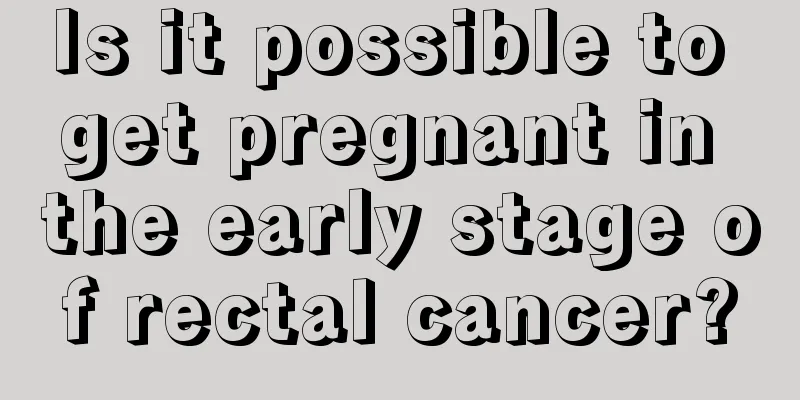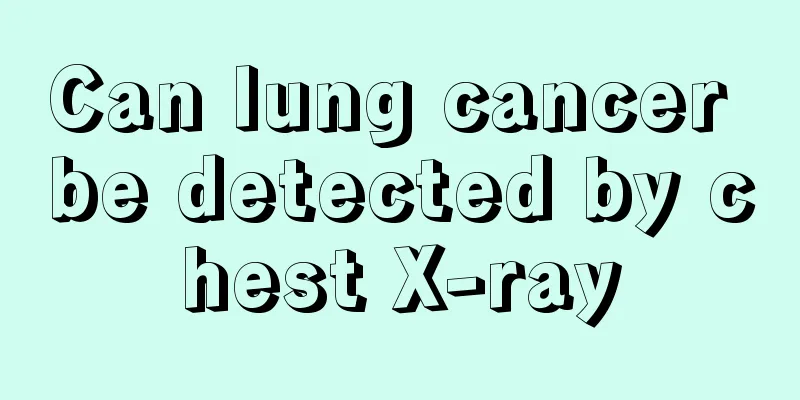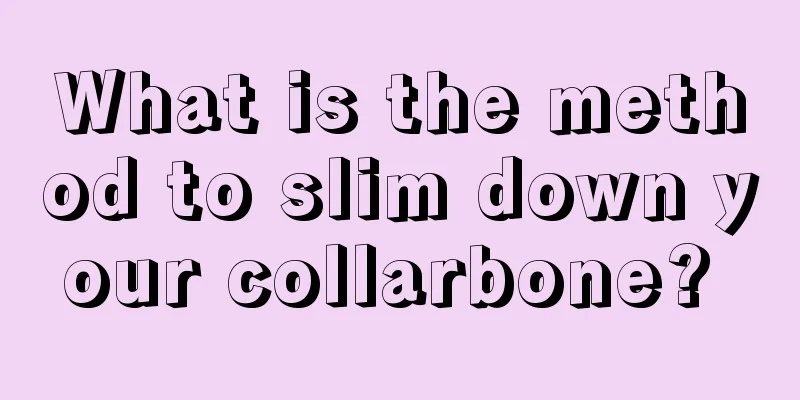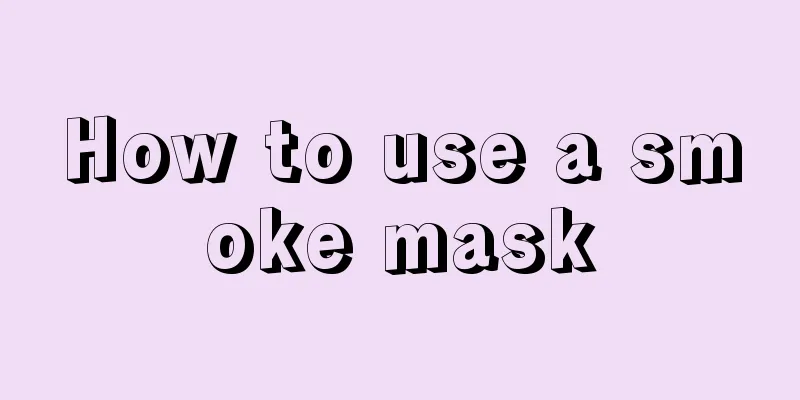What is Hepatitis B Surface Antibody

|
Hepatitis B surface antibody is a protective antibody that stimulates the body's immune function, can offset the harmfulness of the hepatitis B virus, and prevent the human body from being harmed by the hepatitis B virus again. After being injected with the hepatitis B vaccine, most people will produce hepatitis B surface antibodies. Generally, this antibody can last for 3 to 5 years, and some people can maintain it for more than ten years. 1. Generation time Because infants and adults have different immune response sensitivities, some people are more likely to produce surface antibodies after vaccination, while some people will not produce surface antibodies. About 30% of people will produce surface antibodies after the first dose of the hepatitis B vaccine, while about 50% to 70% will produce surface antibodies after the second dose, and about 90% will produce surface antibodies after the third dose. 2. Maintenance time There are two ways to produce hepatitis B surface antibodies: one is produced by the injection of hepatitis B vaccine; the other is produced by being infected with the hepatitis B virus and then recovering. However, the antibodies produced by the injection of hepatitis B vaccine are not permanent. They generally last for 3-5 years, and in a small number of people they can last for more than 10 years. 3. Antibodies disappear The hepatitis B surface antibody was negative and the antibody disappeared. Whether the hepatitis B vaccine administered in the past still has a protective effect can be determined through blood tests. If the hepatitis B surface antibody is negative, it means that no antibodies are produced after vaccination or that antibodies have been produced but have disappeared. This group of people should get three doses of hepatitis B vaccine. If antibodies are produced but the level is low, it means that the protective effect is weak and they can get another dose of hepatitis B vaccine, which is a booster shot. If the antibody is positive and the antibody titer is high, it means that the original hepatitis B vaccine still has good protective efficacy and there is no need to receive the hepatitis B vaccine again. In addition, although some people's hepatitis B antibody test results are negative after vaccination, the antibody titer increases significantly after another shot of the vaccine. This situation indicates that the body still has immune memory of the original vaccine, so another shot of the vaccine is enough. 4. Antibody titer Whether the human body's resistance is sufficient to fight the invasion of hepatitis B virus requires that the hepatitis B surface antibody maintain a certain level in the blood, that is, maintain a certain hepatitis B surface antibody concentration, which is the hepatitis B surface antibody titer. If the hepatitis B surface antibody titer is too low (below 10mIU/ml), it may lose its protective effect and the human body can still be infected with hepatitis B. |
<<: What are the causes of anal fissure? Let’s take a look
>>: What are the characteristics of chronic active hepatitis
Recommend
What are the dangers of biting the flesh inside your mouth?
Biting your lips while eating is a very common sy...
How long after a meal can I smoke
Many male friends are always unable to quit smoki...
What are the symptoms of a ruptured eardrum? How to treat
A ruptured eardrum is also a kind of trauma to th...
Are radiation protection suits useful?
Radiation clothing mainly uses the principle of r...
How long after giving birth will stretch marks fade
After giving birth, many stretch marks will be le...
What should I do if I can’t get over a breakup?
In today's society, people are free to fall i...
What are the symptoms of advanced liver cancer?
Advanced liver cancer refers to cancer cells >...
How to wash old oil stains on clothes
Clothes with old oil stains are very ugly, but af...
How long can you live if colorectal cancer spreads
In recent years, more and more people around me h...
Is glioma genetically selective?
Glioma is the most common primary brain tumor cau...
How to train the lower four abdominal muscles
Abdominal muscle training is not something that c...
The harm of watching pornography for a long time
From the age of eight or nine, children begin sex...
What are the clinical symptoms of lung cancer? The most common clinical symptoms of lung cancer patients
Everyone knows about lung cancer, which is the mo...
What are the symptoms of foreign body in the trachea?
If something enters the trachea, symptoms such as...
Which month is the best to renovate a house
Buying a house should be the most important thing...









